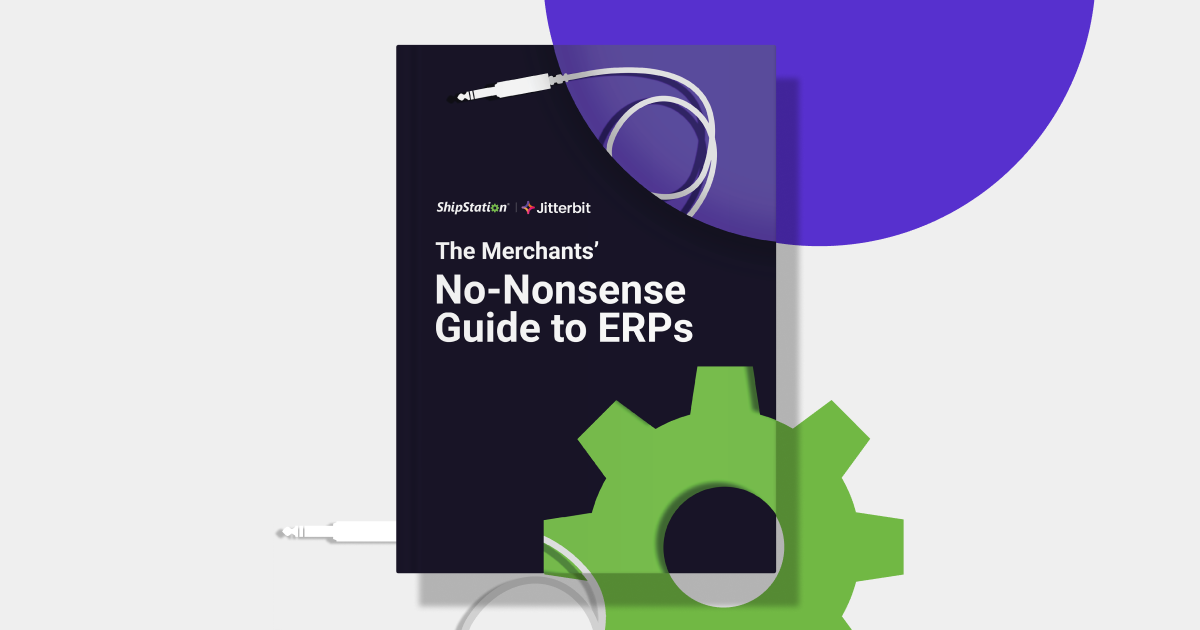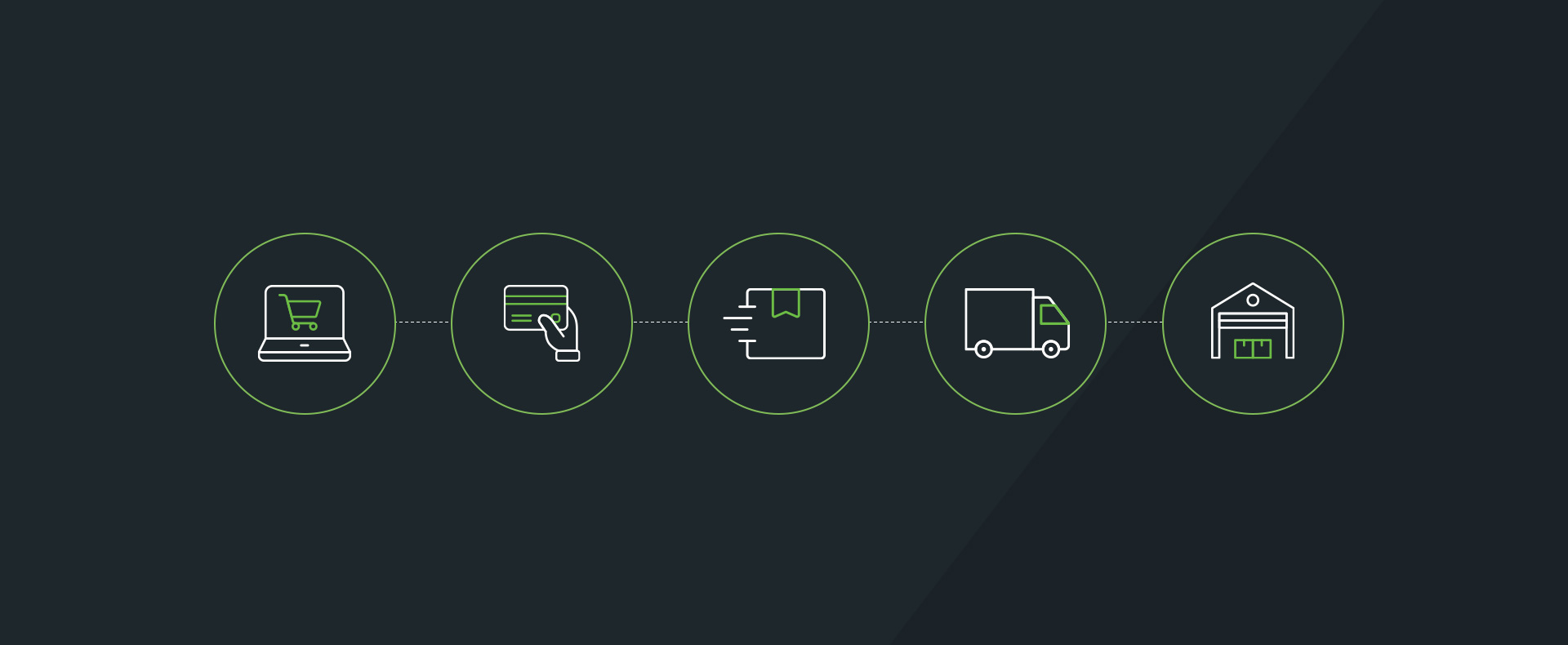Yes, You Can Take a Summer Vacation
Your ecommerce business is selling 24 hours a day, seven days a week, 365 days a year. So is it possible for an ecommerce business owner to take a vacation? Yes, it is—in fact, it’s imperative that you take a vacation to stay healthy, motivated, and productive.
Studies show that people who take vacations are healthier, benefiting from reduced stress and a lower risk of heart disease. Also, less stress means better decision-making according to the National Institutes of Health.
Vacations also boost productivity. A study by former NASA scientists found that vacationers who took at least a week off experienced an 82 percent increase in job performance post-trip.
So how can you make that vacation happen? Schedule it! And then commit to following the schedule you’ve laid out.
Take Time Off When Things Are Slow
You likely know what time of year is the slowest for your business, so plan your vacation during that period. For example, the ecommerce industry typically slows down in the summer, as consumers log off their computers, spend more time outdoors—and head off on their own vacations.
Delegate
Afraid everything will fall apart if you aren’t there? If you’re a solopreneur, that’s a valid concern. There are ways around that, though: you can hire someone to handle fulfillment while you’re away or put up a notice that all orders will ship on or after a specified date.
If you have employees, you’ll have to delegate your authority while you’re gone. Delegating is necessary for a business that’s going to grow. A vacation is the perfect opportunity to test your employees’ ability to take on additional responsibilities.
Don’t Leave Any Loose Ends
Taking care of possible issues before you go on vacation will make your business and your vacation run more smoothly. Here are some tips:
- Pay outstanding bills and complete other administrative tasks before you leave.
- Contact important vendors and clients. Let them know you’ll be gone and explain whom they should contact while you’re unavailable.
- Make a list of all the tasks you perform in a day. Some can be put off while you’re gone. Some you can accomplish ahead of time. Some you’ll turn over to your staff.
- Create task lists to clearly delineate each employee’s duties and responsibilities. Provide detailed instructions on how to handle phone calls from current and prospective clients.
- Discuss your expectations with employees, as well as various problems that could arise and how to handle them. Create a “what-if” list with steps to take in case any out-of-the-ordinary situation arises. With such specific guidelines, employees will be less likely to contact you.
- Make a list of what you want to accomplish when you get back. That way you can hit the ground running upon your return.
You may want to set aside an hour in the morning or the evening to check in and receive status updates from your crew, read your emails, or take a client call. By staying on top of what’s happening, you can head off any major problems before they arise. Plus, you’ll have less to catch up on when you get back.
Give your employees a reliable way to contact you if an emergency arises—but be very clear about what constitutes an emergency.
Use Technology
It’s a mobile world. These days, you can manage your store and even your inventory from your phone, your tablet, and your laptop. And with cloud computing, while you’re enjoying a lazy day at poolside, your staff can monitor sales numbers, service customers, stay on top of inventory, and quickly reorder items from suppliers if stock levels are low.
You can even manage your shipping with ShipStation Companion, our mobile app that lets you manage all your shipments on your smart phone.
Manage Expectations
Don’t forget to set up email auto-responders before you leave. Make sure the email provides alternate contact information or availability dates.
Set up filters to segregate your email while you’re gone. That way you receive only important emails and automatically redirect those that others can handle. You can also set a filter to discard unwanted mails so there is less clutter in your inbox when you get back.
Final Thoughts
Stop denying yourself a vacation. Remember, it’s in your best interest to take time off to reduce your stress, replenish your energy—and come back to work refreshed, reinvigorated, and full of new ideas and inspiration.





